In Idhayam Parikshan Labs, tea and coffee products undergo various analyses to ensure quality, safety, and compliance with regulatory standards. The testing process ensures that tea and coffee products meet quality standards, comply with regulations, and are safe for consumption. Food testing labs, like Idhayam Parikshan Labs, play a crucial role in maintaining the integrity of food products in the market.The importance of food testing labs, particularly Idhayam Parikshan Labs in this context, in ensuring the quality, safety, and compliance of tea and coffee products. It correctly highlights the role of advanced analytical techniques and equipment in conducting comprehensive tests to guarantee that these products meet necessary purity requirements, pose no health risks, and adhere to food safety standards. These tests collectively ensure that tea and coffee meet necessary purity requirements, pose no health risks, and comply with food safety standards. Food testing labs use advanced analytical techniques and equipment to perform these tests accurately. The goal is to provide consumers with safe and high-quality tea and coffee products in the market. This commitment to quality control is essential in maintaining the integrity of food products in the market, providing consumers with confidence in the safety and quality of the tea and coffee they consume. Tea and Coffee Products

Tea
Caffeine Content
Quantification of caffeine, a natural stimulant in tea leaves.
Polyphenols
Measurement of antioxidants, including catechins, which contribute to the health benefits of tea.
Volatile Compounds
Identification and quantification of aroma compounds that influence the flavor.
Pesticide Residues
Screening for the presence of pesticides used in tea cultivation.
Heavy Metals
Analysis for metals like lead, Arsenic, cadmium, and mercury, which can be present in tea leaves.
Mycotoxins
Detection of harmful mold toxins that may contaminate tea.
Bacterial and Fungal Contamination
Ensuring tea is free from harmful microorganisms like Salmonella or Aspergillus.
Particle Size Analysis
Ensuring consistency in the particle size of tea leaves.
Moisture Content
Measurement of moisture to assess the quality and shelf life of the tea product.
Coffee
Caffeine Content
Quantifying caffeine levels, which vary among different coffee bean varieties.
Polyphenols
Determining the levels of these compounds that contribute to the taste and health benefits of coffee.
Volatile Compounds
Analysis of aroma compounds that influence the flavor and aroma of coffee.
Mycotoxins
Screening for mycotoxins, especially ochratoxin A, which can be present in coffee beans.
Pesticide Residues
Ensuring compliance with regulatory limits for pesticide residues.
Geographical Origin Verification
Using techniques like stable isotope analysis to confirm the declared origin of coffee beans.
Species Identification
DNA testing to verify the coffee species claimed by the product.
Bacterial and Fungal Contamination
Ensuring that coffee beans are free from harmful microorganisms.
Particle Size Analysis
Assessing the degree of roast, which affects the flavor profile of coffee.
















